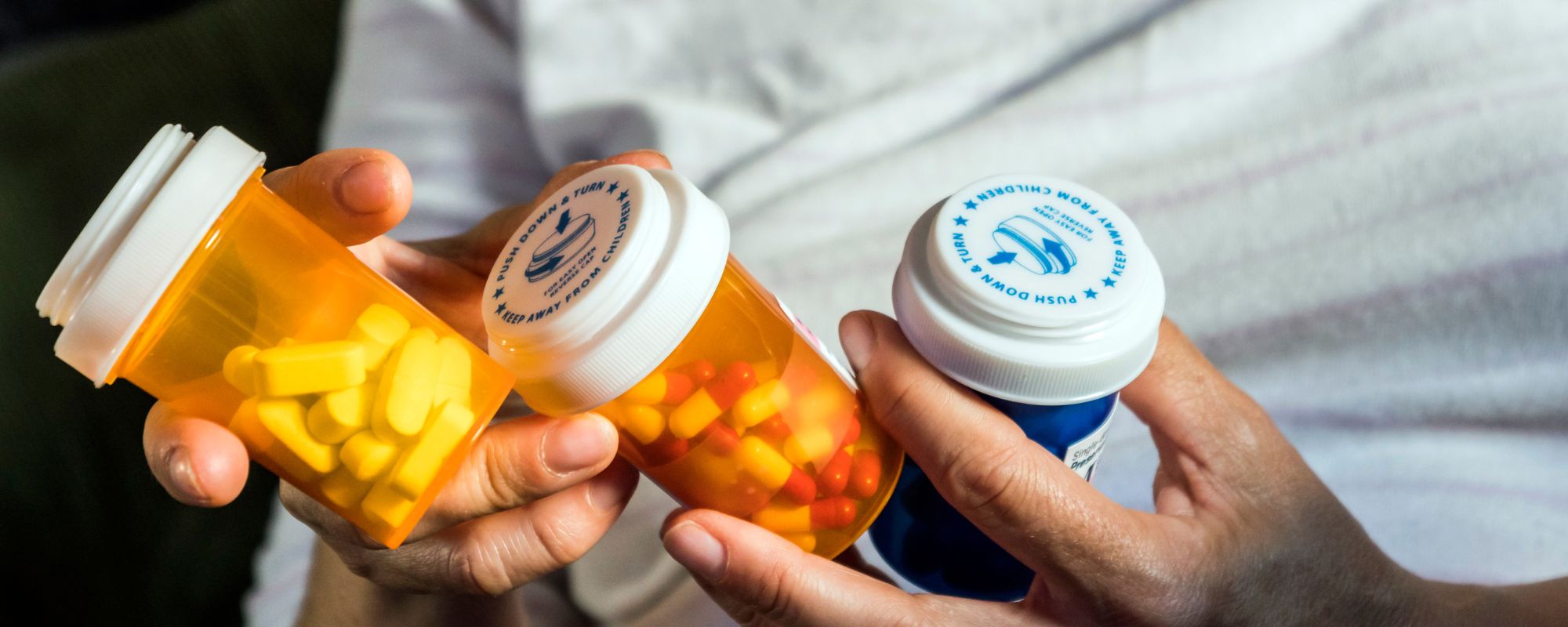Quality of Life in Substance Misuse Disorders & Various Severe Mental Illnesses
Self-perceived health related quality of life is a measure of treatment worth for people with substance misuse disorders.
Adan and associates decided to study self-perceived health related quality of life for people with substance misuse and:
- Schizophrenia
- bipolar disorder
- major depressive disorder
To accomplish this the researchers’ assessed 107 male substance misusers with additional mindful disorders using a standardized heath survey form with the following number of participants:
- schizophrenia (37)
- bipolar disorder (34)
- major depressive disorder (36)
The researchers found:
- Bipolar substance misusers did better regarding physical functioning
- Bipolar substance misusers did better regarding physical vitality
- All 3 mindfully ill groups did worse than normal regarding:
- Health related quality of life
- Social Functioning
- Emotional
- Mindful health
The researchers suggested dual diagnosis treatment providers may do well to add a physical functioning and vitality enhancing treatment component to individualized treatment plans of substance misusers with coexisting schizophrenia and major depressive disorder.
Mindfulness & Recovery from Substance Misuse
Newbie researchers often cleverly and rightfully give names to old well established concepts.
The empirical fact that keen focus, attention and awareness to our thoughts in the present moment is key to opening the door to any important endeavor such as recovery, is as old as Bill W. and Dr. Bob, the 1935 founders of Alcoholics Anonymous (AA).
Today “keen focus, attention and awareness to our thoughts in the present moment” is collectively referred to as:
- Mindfulness
- Inner discipline
- Dispositional mindfulness (Elmquist)
- Trait mindfulness
Do you think you are Mindful?
If you said “yes”, “no”, “maybe”, “sometimes”, “it dependents,” or “[other],” give yourself a C+.
For everything, there is a first time. Here is a way to test and grade mindfulness:
- Subtract 7 from 100 in your mind & say the answer out loud
- Subtract 7 from 93 in your mind & say the answer out loud
- Subtract 7 from 86 in your mind & say the answer out loud
- Continue subtracting 7 in that mindful & expressed way until you reach the number “2”
- If you cannot subtract 7s in your mind, give yourself a B- for trying, & keep practicing
- If you can subtract 7s until the number 2 in less than 60 seconds, give yourself a B+
- If you can subtract 7s until the number 2 in less than 40 seconds, give yourself an A
- If you can subtract 7s until the number 2 in less than 20 seconds, give yourself an A+
So much world conflict and other forms of interpersonal conflict, could have been averted or minimized if both sides had a B+ or better in mindfulness.
Jurors may have rendered sounder judgements if they had to score a B+ before each court session began.
Regardless of the mindfulness or lack thereof around us, let us not be concerned about external mindfulness climate change, let us be most concerned with our own internal mindfulness climate change and thus the world can become a much better place, one person at a time.
As such, technically you may be less safe starting your vehicle and driving if you can’t score a B+. Similarly, active substance users are not likely to pre-contemplate entering a recovery treatment program, and later contemplate entering a recovery treatment program, and then actually enter a treatment program if they can’t consistently score above C+.
Here is why:
Active substance misusers stay mindfully negatively charged because they too often dwell on the past, and consequently rob the present.
But if an active substance misuser ignores the past, they may rob the future.
The seeds or our ability to sustain recovery or not, are nurtured by the roots of our past.
We therefore must look back on our past from time to time—just like when we glance at a stop watch as we test ourselves—but not stare at our past.
Just as a particular preschool, university, company, or marriage does not make the person, picking a costly rehab does not ensure your recovery from substance misuse. Mindfulness makes the person and mindfulness governs whether or not a person is going to enter into recovery and sustain the course.
Reach Out
If you or a loved one wants to learn more about our substance use programs, please reach out to us today. Our admissions team is available 24/7 at (877)-RECOVERY to answer your questions.
References:
Adan A, Marquez-Arrico J, Gilchrist G. Comparison of health-related quality of life among men with different co-existing severe mental disorders in treatment for substance use. Health and Quality of Life Outcomes. 2017 Oct 23;15(1):209.
Elmquist J, Shorey RC, Anderson SE, Stuart GL. A preliminary investigation of the relationship between dispositional mindfulness and eating disorder symptoms among men in residential substance use treatment. Addiction Research Theory. 2017;25(1):67-73.












